Abdul Gaffar Chowdhury, a legacy beyond words
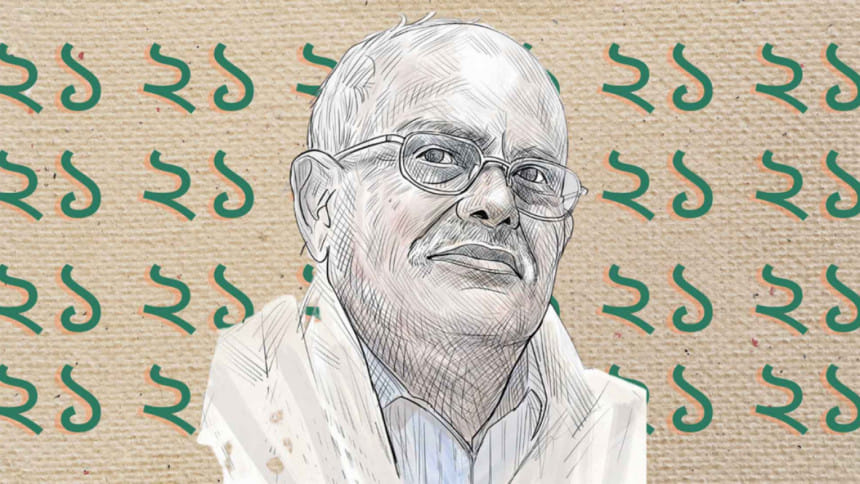
On February 23, 1952, two days after the tragic mass shooting of students in Dhaka, later known as the Language Movement, eminent journalist, writer, poet and lyricist Abdul Gaffar Chowdhury and Shafik Rehman joined a protest march. Both were students at Dhaka College, with Rehman preparing for his intermediate exams the following month.
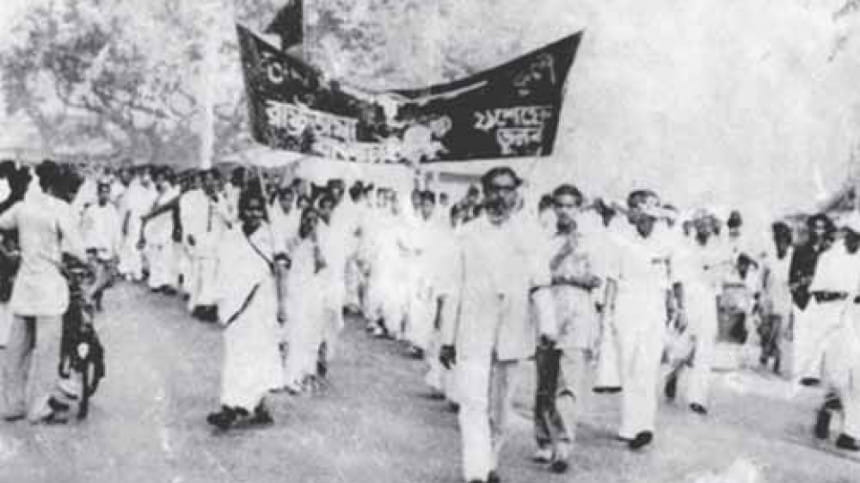
As the march passed by the Curzon Hall of Dhaka University, Pakistani police attacked, injuring Chowdhury. "He was quite tall and stout. I rushed to help him up, and after walking a bit with him leaning on my shoulder, we found a rickshaw. I took him to our house at 37 Becharam Deuri, where my father was the superintendent of the Dhaka College hostel," recalled Shafik Rehman, former editor of the notable newspaper,Jai Jai Din.
Chowdhury spent the next few months recovering at Rehman's home. It was there that he wrote the iconic poem, "Amar Bhaiyer Rokte Rangano Ekushey February, Ami Ki Bhulite Pari...," which later, set to music by the legendary Altaf Mahmud, became the central anthem of Bangladesh's Language Movement.

Legendary writer and journalist Abdul Gaffar Chowdhury, who passed away in London on May 19, 2022, at the age of 87, wrote prolifically for over seven decades, primarily focusing on political commentary. Yet, he is most memorably revered for his youthful composition commemorating the martyrs of February 21, 1952. His death is a profound loss for the nation, which remembers him affectionately as "Gaffar Bhai."
Living in London for over four decades, Chowdhury frequently visited Bangladesh, where his thoughts and sentiments were deeply rooted. Despite his distance, he remained well-informed about the country's political intricacies, often writing columns for various newspapers.
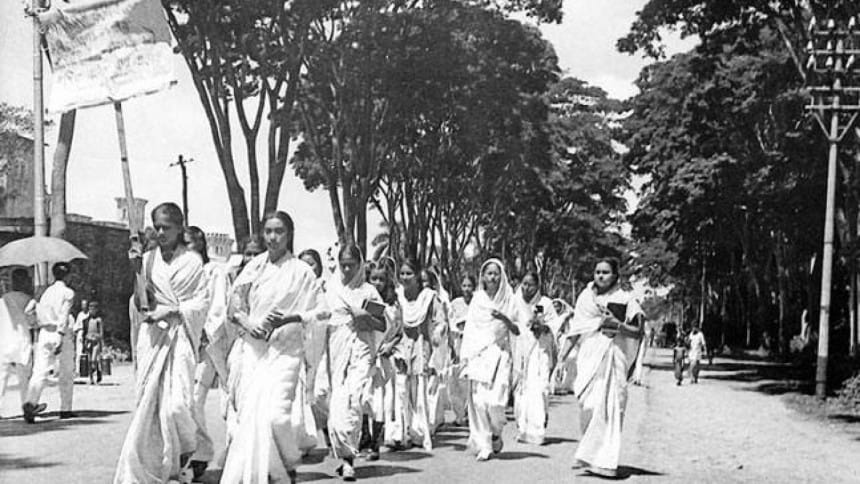
The current generation knows Abdul Gaffar Chowdhury primarily as a columnist and journalist, but his contributions extend far beyond. From the 1950s, he was actively involved in Bangladesh's political struggles. As a college student, Chowdhury participated in the Language Movement, was imprisoned, and penned the immortal lines, "Amar Bhaiyer Rokte Rangano Ekushey February, Ami Ki Bhulite Pari..."
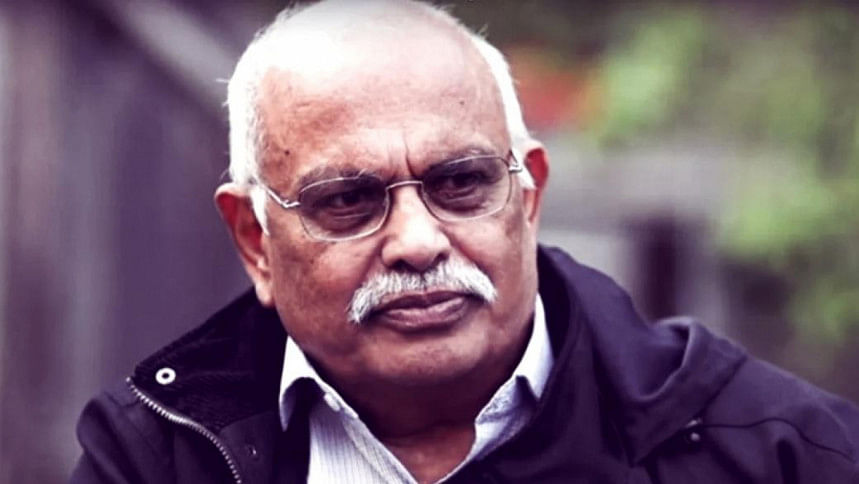
Chowdhury's journalistic career began in the 1950s, before he had even graduated from college. His writing, journalism, and political activism continued in parallel throughout his life. In the 1960s, he was a staunch supporter of the Six-Point Movement for Bengali nationalism, with his evening daily "Awaz" being the first to publish the complete Six-Point demands.
His legacy as a journalist, poet, and activist is indelible. Chowdhury's writings, particularly his poignant tribute to the language martyrs, continue to resonate deeply, embodying the spirit of Bangladesh's fight for linguistic and cultural identity.
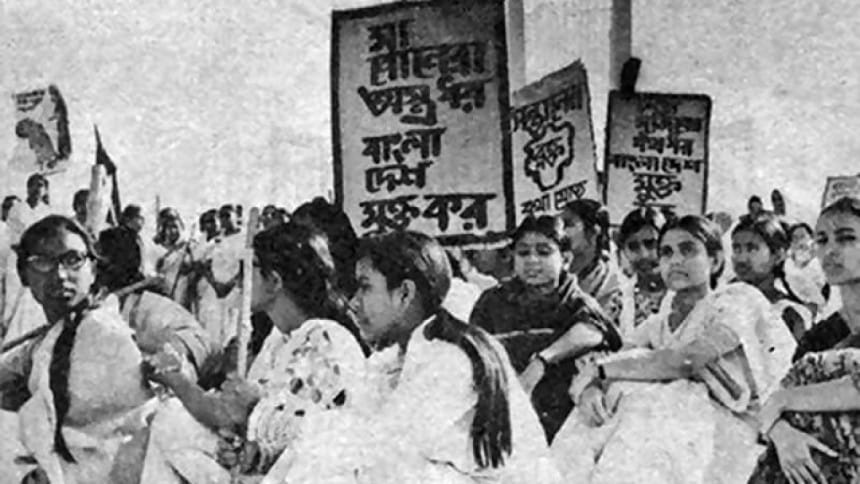
The song "Amar Bhaier Rokte Rangano Ekushey February" by Abdul Gaffar Chowdhury transcends mere mourning for martyrs. It embodies the eternal struggle against all forms of injustice and oppression, expressing fierce hatred towards the oppressors and a rousing call to awaken the strength of the oppressed. The societal and state aspirations Chowdhury articulated in this song remain unfulfilled to this day.
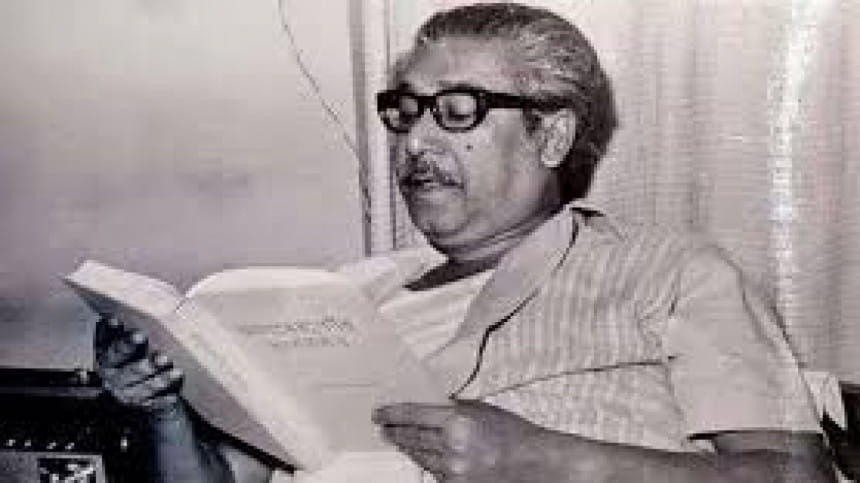
When the Liberation War of 1971 began, Abdul Gaffar Chowdhury and his family fled to Kolkata via Agartala. There, he became associated with the expatriate Bangladeshi government's mouthpiece, the newspaper "Joy Bangla." Although officially published under Abdul Mannan's name, Chowdhury was its chief executive. He also contributed to Anandabazar Patrika and Jugantor and regularly broadcast commentaries from the Swadhin Bangla Betar Kendra. His camaraderie with Kolkata's intellectuals during this time persisted even after Bangladesh's independence.
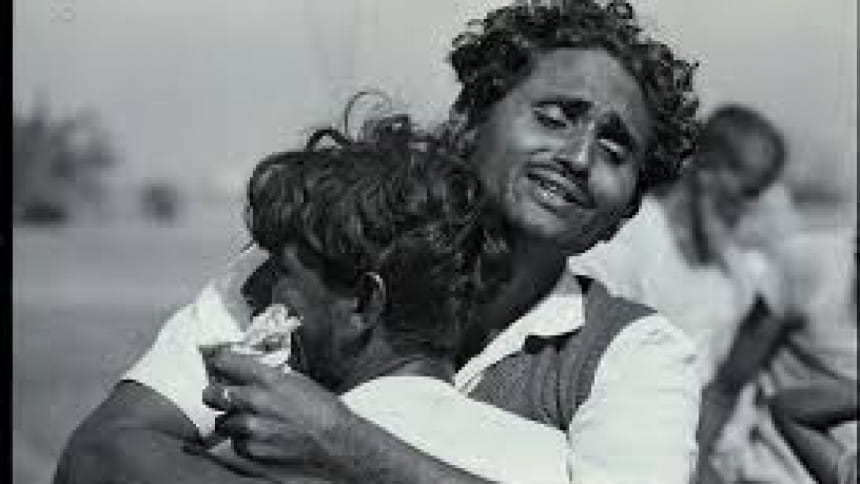
In the politically tumultuous aftermath of 1975, as the country reeled under military rule, and few dared to utter the name of the nation's founding father, Sheikh Mujibur Rahman, Chowdhury, from exile, protested the brutal assassination. On the first anniversary of Mujib's death in 1976, he and his companions published a special supplement to honor the fallen leader. Due to strict military censorship, this publication did not reach Bangladesh directly but was flown to Mujib supporters in Kolkata before being smuggled into the country. During the subsequent years of oppression, writings by Chowdhury, Shawkat Osman, Nirmalendu Goon, Mahadev Saha, and others inspired and gave hope to the people.
Abdul Gaffar Chowdhury was critical of Sheikh Mujib's governance during his lifetime, famously penning a column titled "Klanti Amar Khhoma Koro Probhhu" in March 1975, expressing concerns over impending dangers. However, after the tragic events of 1975, he realized that the assassination was not just an attack on Sheikh Mujib but on the very essence and existence of Bangladesh. For 47 years, Choudhury continued to voice this undeniable truth through his columns, speeches, plays, and other writings.
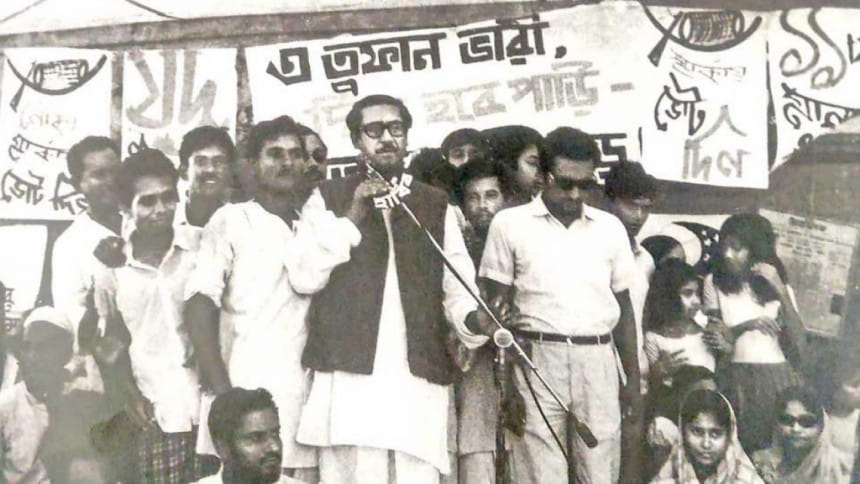
Chowdhury's most iconic creation, "Amar Bhaiyer Rokte Rangano Ekushey February," would have immortalized him even if he had written nothing else. On February 21, 1952, during the Language Movement protest, Chowdhury was present in the rear of the procession when Muslim League forces opened fire, killing Rafique, Jabbar, Salam, Barkat, and others. Reflecting on that day, he wrote:
"We reached the outdoor area and saw a body lying there. Dressed in white pants and a white shirt, wearing shoes, his skull had been blown off by a bullet. The blood-soaked body lay on the ground, surrounded by a crowd of onlookers. Rafiq took a photograph of it. Later, I learned it was the body of Shaheed Rafiquddin. Seeing this body inspired a thought for a poem, not a song. I am neither a songwriter nor a composer. The line that came to me was, 'Amar Bhaiyer Rokte Rangano Ekushey February, Ami Ki Bhulite Pari?'" (Source: Nepathya Kahini: Amar Bhaier Rokte Rangano Ekushey February, edited by Lutfor Rahman Riton, Agamee Prakashani).
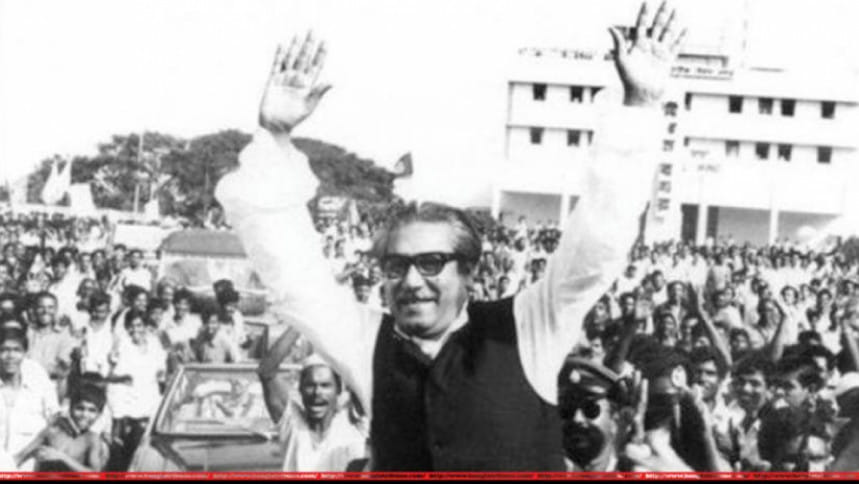
Abdul Gaffar Chowdhury, renowned for his timeless creation "Amar Bhaiyer Rokte Rangano Ekushey February," also penned another poignant poem following the devastating cyclone of 1970. Despite the immense human suffering, Pakistani military ruler Yahya Khan dismissed the catastrophe and proceeded with his planned trip to China, neglecting the cyclone victims in southern Bangladesh even when he stopped over in Dhaka. Chowdhury captured this apathy in his poem:
"Bachte Chailei Bachbe Emon Kotha To Nei…….Att Lakh Shishu, Nari ar Purush Ajke Nei..Morey Gechhe Tara Ek Rate " which loosely translates to,
"'Survival is not guaranteed,
Proof is at hand,
Eight hundred thousand children, women, and men are gone,
They died in one night.'"
This song not only immortalized Abdul Gaffar Chowdhury but it also sharpened the Bengali consciousness. Every year during the Ekushey February morning processions, his immortal song "Ekushey February" provokes deep introspection. It is a song of justice against injustice, humanity against brutality, making it unforgettable. A few lines from the song are:
"'They are not of this country,
They trade away the nation's fate,
They have seized the food, clothes, and peace of the people,
Ekushey February, Ekushey February.
Arise today, arise today, Ekushey February
Even now, brave men and women die in the oppressor's prisons,
The spirit of my martyred brother calls,
Awaken the dormant strength of the people in the fields and marketplaces.'"
Discussing Altaf Mahmud's life and music, cultural activist Dinu Billah wrote: "Creating an immortal classical tune for the poem 'Amar Bhaiyer Rokte Rangano Ekushey February' by Abdul Gaffar Chowdhury, Shaheed Altaf Mahmud remains eternally memorable, intertwined with the blood-soaked history of Bengalis."

Chowdhury's contributions go beyond this iconic song and journalism. He was a distinguished storyteller with notable works, including the acclaimed short story collection "Samrat-er Chhobi" (The Emperor's Picture). He also authored significant novels and plays, consistently emerging as an active progressive writer and political commentator through the twists and turns of history. He was not just an observer of history but an active participant.
This is our respectful tribute to Abdul Gaffar Chowdhury, a fellow traveler through history on his two-year death anniversary today.

 For all latest news, follow The Daily Star's Google News channel.
For all latest news, follow The Daily Star's Google News channel. 


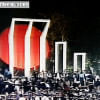

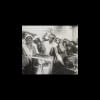
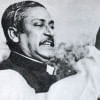
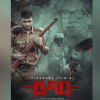

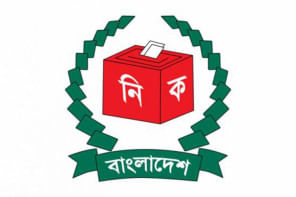
Comments